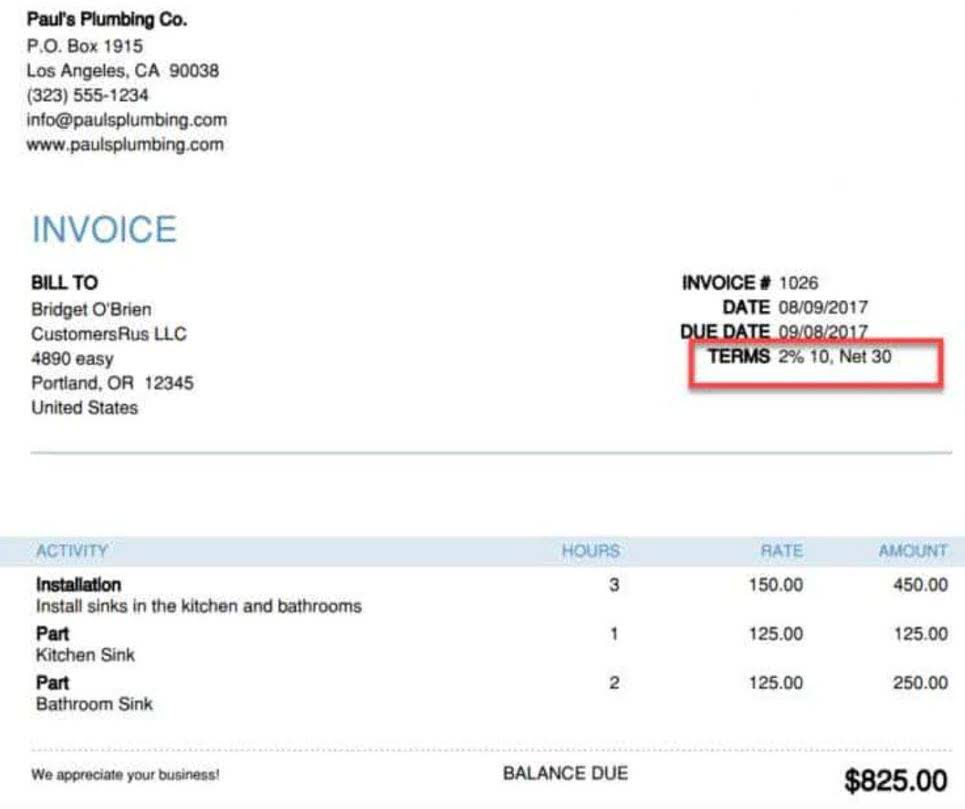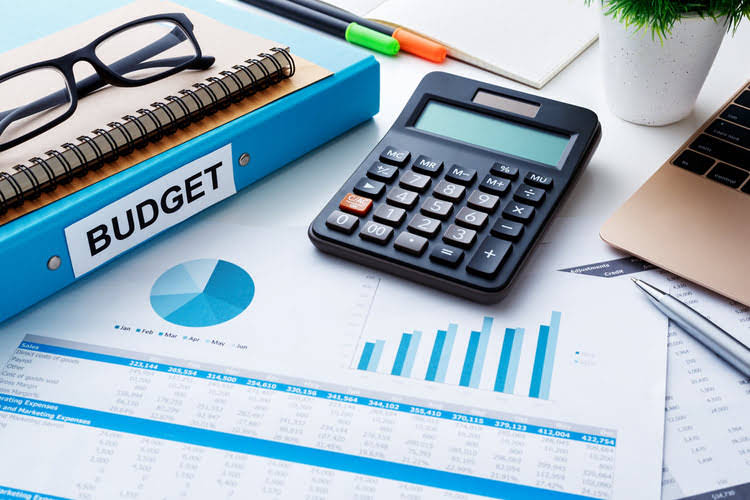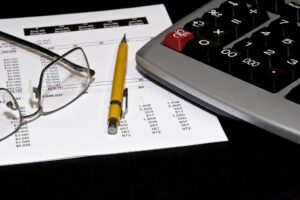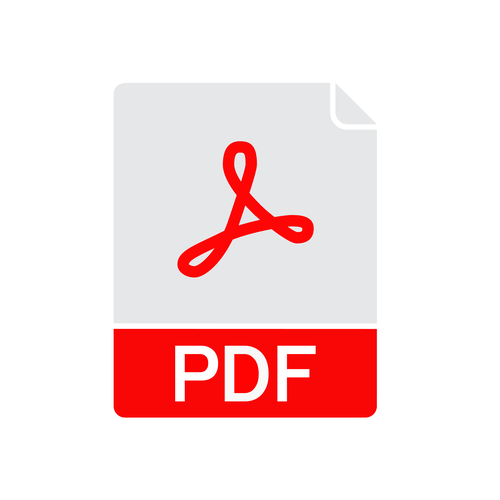The Art of Sole Trader Bookkeeping: Guide to Financial Success

Accurate record-keeping allows you to monitor the financial health of your business easily and make adjustments https://www.bookstime.com/ where needed. When it comes time to file taxes or apply for a loan or credit line, having clear records can make the process much smoother. The auditing process begins with planning where auditors review documentation provided; this could include previous audits reports or details of your financial position. Overall, interpreting financial statements requires careful analysis and attention to detail. By mastering this skill, you can make informed decisions about how to allocate resources and plan for future growth in your business.

Tax estimates
We built okke to be the best and simplest bookkeeping software for sole traders, with easy to learn guides and simple terms to keep learning time low. One of the most crucial aspects of running a successful business is keeping your books in order. In this guide, we will explore everything you need to know about sole trader bookkeeping. If the plan you’re considering has strict usage limits, then work out whether you’re likely to be able to stay within them. You should also think about how much you’ll actually use advanced features like time tracking, or being able to submit your expenses just by snapping a receipt with your smartphone.

First steps when managing your accounts as a sole trader
Our Online Accountants page offers access to a network of accountants experienced in providing personalised bookkeeping solutions for sole traders. With Making Tax Digital (MTD) rolling out, it’s advisable to get used to a digital system. It’s also much easier to keep all of your records organised when they’re on an accounting software. As a sole trader, one of the most daunting tasks you may normal balance face is preparing for an audit. The thought of having your financial records scrutinised can be intimidating, but with proper preparation, you can ensure a smoother process.

Perform Regular Account Reconciliations
To make this process easier it’s recommended that you use an accounting system which automatically generates payment records as well as allows you import bank transactions. To ensure accurate financial statements and smooth operations, it is necessary to perform regular bookkeeping activities such as reconciling bank accounts and managing inventory as a sole trader. This produces reliable information about your company’s performance on which you can base important decisions. As a sole trader, it’s essential to keep accurate records of your business transactions. Bookkeeping is the process of keeping track of the money your business makes and spends. It involves recording all financial transactions, such as sales, purchases, expenses, and payments.

Payroll Services
Deductions range from home office costs, health insurance and business supplies to travel expenses and professional development fees. Log Income Regularly – Enter income into your bookkeeping system as soon as payment is received. This could be daily, weekly, or monthly, depending on the volume of transactions. And when it comes to getting paid for the products or services you’re selling, using an online payments provider such as GoCardless or Stripe can make life easier. You need to get into the habit of chasing invoices early to make sure you have plenty of money to cover your business costs.
- If you decide to go with a computerised system for your sole trader bookkeeping needs, then selecting the right accounting software is essential.
- If you are a sole trader and your turnover is below the VAT threshold, you are not required to comply with MTD for VAT.
- All relevant incomes must be reported including investment incomes like dividends or interests received during the financial year..
- Keeping accurate records of assets allows for better planning when it comes time for maintenance or replacement.
- Creating accurate financial statements regularly, analysing key ratios, and interpreting data carefully are critical aspects of reporting financial performance as a sole trader.
- Then, compare the imported transactions with those in your bookkeeping records to ensure they match.
As a sole trader, you are legally responsible for maintaining accurate financial records and submitting tax returns on time. Failure to do so can result in penalties and legal issues, which can be costly and time-consuming to resolve. Therefore, it is vital sole trader accounting to understand how bookkeeping works and to implement effective bookkeeping practices to ensure the success and longevity of your business. Bookkeeping allows owners to track their income and expenses, manage cash flow effectively and budget for taxes. Additionally, accurate financial records are necessary for lodging tax returns with the Australian Taxation Office (ATO).
When choosing accounting software for your business, consider what features you need most. Monitoring your cash inflows and outflows is crucial for maintaining healthy finances. As a sole trader, it’s easy to get caught up in the day-to-day operations of the business, leaving little time for financial management. As a sole trader, it’s essential to have a clear understanding of your cash flow. A cash flow statement provides an overview of your business’s inflows and outflows of cash over a specific period.
- One way to stay up-to-date with your cash inflows and outflows is by using accounting software that can import bank transactions automatically.
- You should record all income and expenses, including sales and expenses receipts, bank transactions, and any other financial transactions related to your business.
- Log Income Regularly – Enter income into your bookkeeping system as soon as payment is received.
- A sole trader is a self-employed individual who owns and operates their own business.
- Overall, complying with tax regulations is an essential part of running a successful sole trader business.
- Automating processes saves you time and improves accuracy meaning that all you should need to do is check what’s been populated, rather than input it yourself.
Keeping accurate records of your VAT transactions is essential for complying with VAT regulations. Additionally, you’ll need to comply with various other HMRC regulations, including registering for self-assessment and submitting a tax return each year. Learn whether you should register for VAT and the implications it has for your business. Although you don’t have to, having a separate bank account for your self-employment will make your bookkeeping a lot less complicated and means you don’t have to filter out all your personal expenses. Some sole traders even set up two accounts so they can set aside savings for their tax liabilities as and when they fall due.
Creating Cash Flow Projections: Predicting the Future
There are plenty of ready-to-go sole trader software packages available to choose from that tick all of the boxes above. If you’re in any doubt, talk to a professional bookkeeper or accountant for their recommendations on the best software for your business. Sole traders should seek a bookkeeping system that is good with monthly records. Bookkeeping requirements are much lower than that at a private or public limited company, so there is no need to overcompensate.
